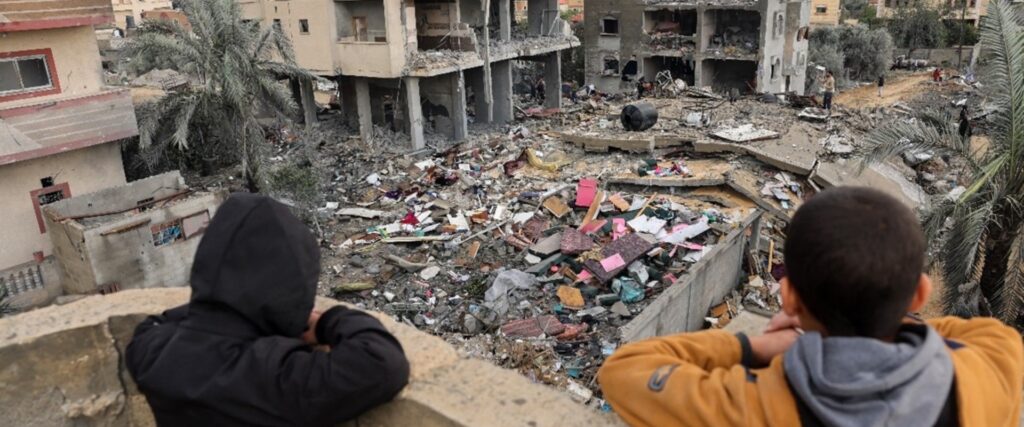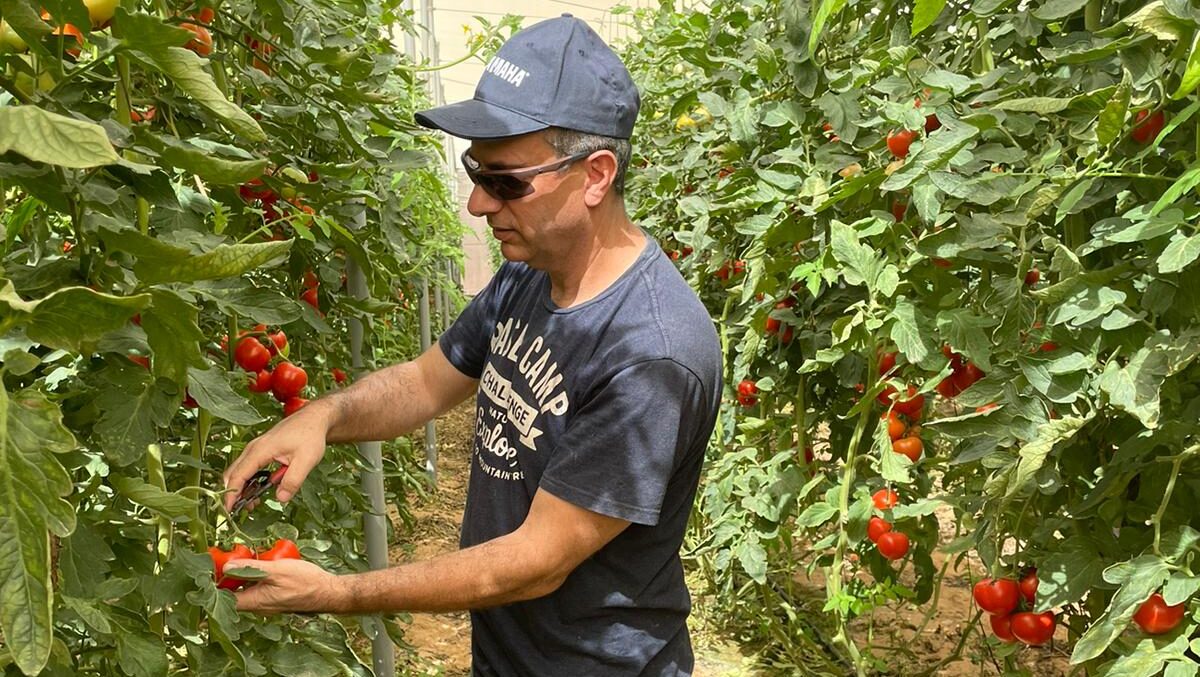Food & Climate
Due to the Israel’s tomato crisis, importers are lobbying the Ministry of agriculture to permit to import from Morocco and Egypt, where prices are lower.
Israel is facing a 40% shortage of tomatoes in the local market, compared to the last year, after the halt of vegetable imports from Jordan and Turkey.
Imports from Turkey were stopped several months ago after the country’s president Recep Tayyip Erdoğan, decided to boycott trade with Israel over the Gaza war, and the supply from Jordan was stopped at the end of last week due to fear of a cholera outbreak, according to reports seen by “Food & Climate” platform.
However, these countries are currently banned due to pest control concerns.
Israel’s tomato crisis is promoting the ministry of agriculture to approve a quota for duty-free imports of 5,000 tons over the next two months, announced on August 13.
High prices
Tomato prices in supermarkets have risen to 2.21-2.45-euro kilogram, while first – grade tomatoes in the wholesale market are now 3.7 euro per kilogram.
One euro = 4.11 shekels.
Consumers are also reporting quality in some stores, with tomatoes typically reserved for industrial processing now being sold due to the shortage, according to “fresh plaza”.
Despite the new import quotas, importers warn that prices might not significantly decrease. Importing vegetables from Europe is far more expensive than from traditional suppliers like turkey and Jordan.
Transportation costs from countries like Italy, Spain, and the Netherlands are higher, and importing from Cyprus and Poland is under consecration.
Ilan shefa, co-owner of “Bikurei-sade”, describes the situation as unprecedented, according to “Ynetnews”.
“My brother and I have been in the field for 50 years, and since the establishment of the state there has not been a situation like this,” Shefa said.
He stated that tomatoes from the Netherlands must be airlifted due to their short shelf live, further driving up consumer costs.
Shipping by sea takes about two weeks, too long for fresh tomatoes, he explained, expressing doubts about air transport as a solution, especially since many airlines canceled flights to Israel.
Meanwhile, the market is trying to deal with the Israel’s tomato crisis in different ways. Date tomatoes, which are usually intended for industry and are not grown in hothouses, are now being directed to the local market.
However, as Shefa points out, “the problem with industrial date tomatoes is that their shelf life is short because they are harvested in a combine only when they are red and ripe”.
The situation of Israel’s tomato crisis presents a special challenge to the IDF, which is required to provide fresh food for its soldiers. At the start of the shortage, Bikurey Hasade submitted a special request to the procurement director of the Defense Ministry for approval to import tomatoes from the Netherland, despite a previous directive from the ministry, following a public uproar, to use only domestically produced tomatoes in the IDF.
Agreement with Sri Lanka
In December, Eyal Ravid, owner of the Victory chain, predicted an impending shortage of vegetables, particularly tomatoes.
In an attempt to address the crisis, Ravid penned a letter to Economy Minister Nir Barkat, pleading for assistance on behalf of farmers who are struggling to keep Israeli agriculture alive, according to “The Jerusalem post”.

The Agriculture Ministry responded to the criticism, acknowledging the labor shortage of approximately 30,000 workers since the start of the conflict. They stated that the ministry is actively working with the Population and Immigration Authority and the Foreign Ministry to establish bilateral agreements with other countries. An agreement with Sri Lanka has already been signed to bring in workers immediately.
While the tomato crisis in Israel is continuing, the near ten-month conflict has caused the collapse of local food production and agrifood value chains, contributing to the rapid deterioration of food security in Gaza, with 96 percent of the population or 2.15 million people facing high levels of acute food insecurity and a looming risk of famine, according to The Food and Agriculture Organization of the United Nations (FAO).
More than 40,000 Palestinians have been killed in Gaza since Israel launched its war on Hamas following the group’s October 7 attack, the health ministry in the enclave said Thursday, according to “CNN”.

